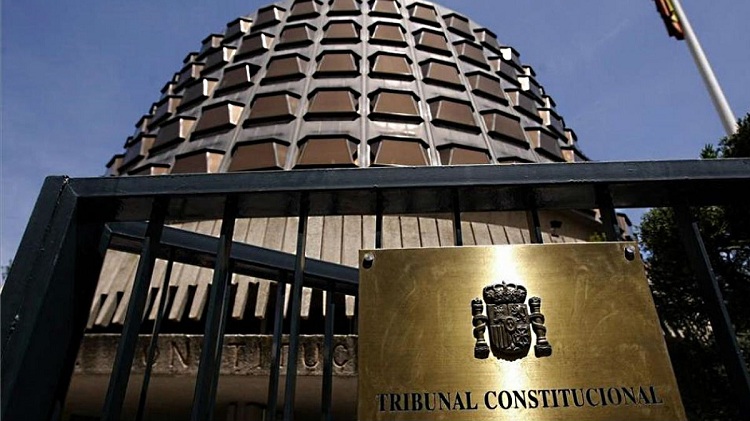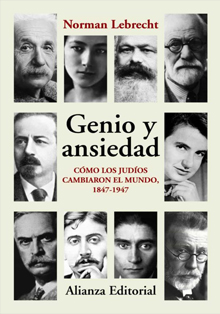Ángel Collado
People’s Party will denounce before the European Union Pedro Sánchez’s legislative offensive to control the judiciary and ensure a “progressive” and sympathetic majority in the Constitutional Court. The main opposition party has already achieved last year the goal of ensuring that pressure from Brussels prevented the Executive from deciding with its partners and allies the composition of the governing body of judges, and will try again to stop reforms that it considers to be the result of the “authoritarian drift” of Sanchez’s party.
This time the government is once again attacking qualified majorities in institutional bodies, the basis of the entire Spanish constitutional framework, which requires broad state agreements on appointments in order to guarantee the balance of power and control of the executive.
The same three-fifths majority that Sánchez wanted to eliminate for the election of members of the General Council of the Judiciary by the parliamentary groups, but Brussels did not allow him to do so, is what he now proposes to eliminate in the process of appointments to the CGPJ in order to gain access to the Constitutional Court.
European Commission Vice-President Vera Jourová and Justice Commissioner Didier Reynders made Sánchez backtrack in April 2021, when Congress was preparing to process the reform aimed at allowing the Socialist-Communist coalition Executive and its Catalan and Basque pro-independence allies to transfer their parliamentary majority to the judges’ governing body.
The PP now expects Jourová and Reynders to intervene again, even if the Executive’s manoeuvre is less blatant in substance, as it deals with the internal workings of the CGPJ, but more devious in its handling. Contrary to the indications of Brussels and the vigilance of the Venice Commission on the functioning of the rule of law in the member states, Sánchez is undertaking the legal changes without the judiciary itself, and is even threatening judges who delay the election process with prison sentences.
Instead of sending the corresponding text of the legal reform to Congress, the executive is turning to the socialist parliamentary group to process the legal change, thus avoiding the mandatory prior reports from the Council of State and the General Council of the Judiciary.
The coalition government is simplifying and shortening reforms that usually take entire quarters in Parliament, and is doing so in order to immediately secure a “progressive” majority in the TC. Moreover, with the emergency procedure and in the midst of the Christmas holidays, the government is trying to distance the scandal that its manoeuvres might cause from the next electoral event: the regional and municipal elections in May next year.
The PP, at the same time as it prepares its appeals to the Constitutional Court over the content of the legislative changes, will denounce Sánchez’s operation in Brussels. The party led by Alberto Núñez Feijóo considers that the Spanish government’s decision to deprive the Constitutional Court of its current power to give an opinion on the suitability of the two government candidates to sit on the same body also goes against the standards of the rule of law that the EU sets for its members.
The government justifies its legislative offensive in the blockage of the renewal of the CGPJ, pending for four years and for which it holds the main opposition party culpable for its refusal to enter into a quota-based distribution between the PSOE-Podemos and the PP. The PP in turn insist that constitutional principles and the EU itself oblige judges to elect the members of their governing body, so it is not possible to reissue another renewal with a distribution of representatives between parties.
Sánchez had been summoned by Brussels to guarantee this “depoliticisation” of the CGPJ before he was due to hold the rotating presidency of the EU in the last quarter of 2023, a pending issue for which he needed to talk to the PP. But instead of building bridges with the opposition, he ended the year by forcing through laws such as the penal code for the benefit of his separatist allies and changing others to guarantee a Constitutional Court more in line with his interests.







